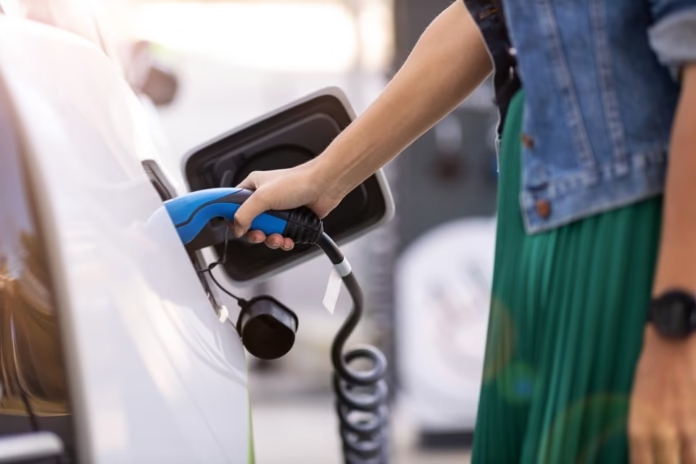In response to the growing need for sustainable urban transportation, Cenex has launched a significant new project in London focused on developing shared electric vehicle (EV) charging models. This initiative is part of a larger global effort led by C40 Cities and Uber, aimed at increasing the availability and accessibility of EV charging for over 55,000 high mileage drivers across key metropolitan areas including London, Boston, and Phoenix. This project addresses one of the most persistent barriers to electric vehicle adoption for fleet operators—adequate and convenient access to charging infrastructure. As cities worldwide strive to reduce emissions and improve air quality, shared charging solutions represent a practical step forward for densely populated urban environments.
Project Overview and Objectives
The London pilot, officially commenced on June 3, 2025, and scheduled to run until February 28, 2027, is designed to explore how electric vehicle infrastructure can be collectively utilized by various fleet operators. These fleets include taxi drivers, delivery services, and essential service providers who rely on high mileage vehicles and face unique charging demands. Cenex is spearheading the development and real-world testing of three innovative charging pilot schemes. The project also entails a following year focused on continued support and thorough data analysis to draw impactful learnings. By engaging both public and private sectors, Cenex seeks to create scalable shared charging frameworks that can drive accelerated fleet electrification in London and serve as blueprints for other cities worldwide.
Addressing High Mileage Fleet Challenges
High mileage fleets present distinctive challenges that this project aims to address. Urban density complicates reliance solely on public charging points due to cost, accessibility, and limited availability, especially for drivers without the option of home charging. Different vehicle operators have varying needs: for example, Uber drivers require rapid “top-up” charging near their homes, while emergency vehicles need immediate access to charging to maintain optimal availability. By focusing on creating flexible shared charging solutions tailored to these specific use cases, the project aims to remove logistical barriers and reduce operational inefficiencies, making EV adoption more feasible and attractive for fleet operators with demanding schedules and minimal downtime.
Stakeholder Engagement and Knowledge Sharing
An integral part of the project involves identifying and engaging a broad range of stakeholders across the public and private domains. This collaborative approach ensures the pilot designs consider diverse perspectives and real-world user requirements. Cenex will develop guidance and best practice documents to support the Greater London Authority (GLA), Uber, and C40 Cities in setting long-term, sustainable EV infrastructure strategies. Moreover, the project’s findings will be shared internationally to aid other cities facing similar challenges. Such knowledge sharing is crucial for building global momentum toward zero-emission transport and supports equitable, efficient use of resources as urban areas transition to electric mobility.
Strategic Importance and Endorsements
The London pilot marks one of three international testbeds under the C40-Uber global partnership, reflecting worldwide efforts to scale EV infrastructure equitably for high mileage fleets. Juliette Kariuki-Cobbett, Project Lead at Cenex, highlighted the importance of shared charging in expediting fleet electrification and demonstrated the potential to replicate successful models in other cities. Mark Watts, Executive Director at C40, emphasized how greater charging accessibility benefits urban populations by lowering emissions and noise pollution while facilitating drivers’ transition to EVs. London’s Mayor, Sadiq Khan, reaffirmed the city’s commitment to cleaner air and sustainable travel, endorsing projects that make EV charging easier and encourage wider adoption across emergency, taxi, and delivery fleets essential to daily city life.
A Scalable Solution for Global Cities
Cenex’s leadership in the London shared EV charging pilot exemplifies a strategic, collaborative approach to overcoming the practical barriers of EV charging for high mileage vehicles. By creating scalable, shared charging models tailored to distinct fleet needs, the project aims to foster a cleaner, quieter urban environment while accelerating the shift toward zero-emission mobility. The insights generated promise to guide not only London’s transition but also the development of effective EV infrastructure policies and practices globally. This innovative initiative reinforces the critical role of shared EV resources in solving charging limitations and driving a sustainable future for urban mobility.







